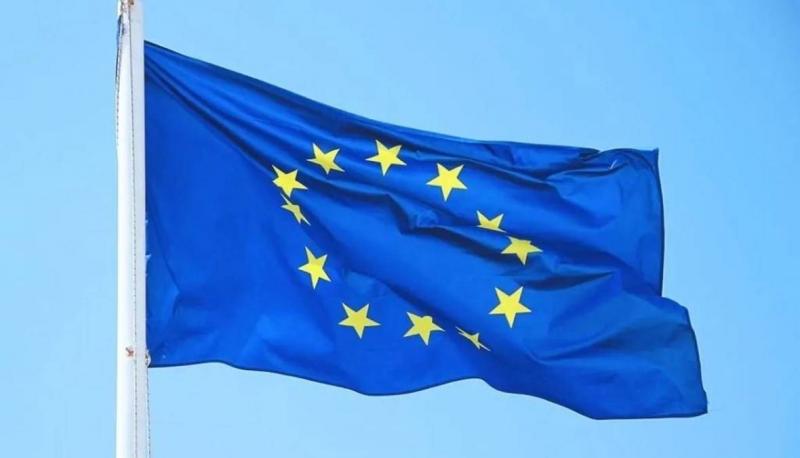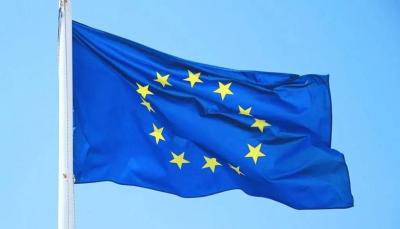On Thursday, EU countries agreed to impose a new "strong and significant" package of sanctions on Russia in an attempt to tighten the grip on the Russian efforts against Ukraine, according to Belgium, which holds the EU presidency. The Belgian presidency announced via the "X" platform that "this package provides new targeted measures and enhances the impact of existing sanctions by closing loopholes."
On Wednesday, EU diplomats stated that member states had not reached an agreement on the fourteenth sanctions package against Russia because Germany posed an obstacle, despite the removal of a clause that Berlin found problematic. Officials from the 27-member bloc have been discussing this package for over a month. The new measures include a ban on shipments of Russian liquefied natural gas and a plan to hold EU operators accountable for violations of sanctions by subsidiaries and partners in third countries.
Diplomats and sources noted that Germany's hesitation stemmed from internal disputes between the Foreign Ministry and the Chancellor's Office. A draft of a previous version of the package revealed that the removed clause would have mandated subsidiaries to "contractually prohibit re-exporting to Russia and re-exporting for use in Russia." The EU continuously intensifies sanctions on Moscow due to its invasion of Ukraine in 2022, but its efforts are undermined by circumvention of sanctions through third countries. The inclusion of this clause could have tightened the bloc's measures.




